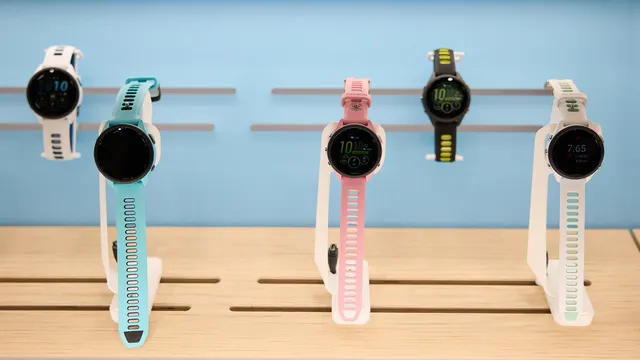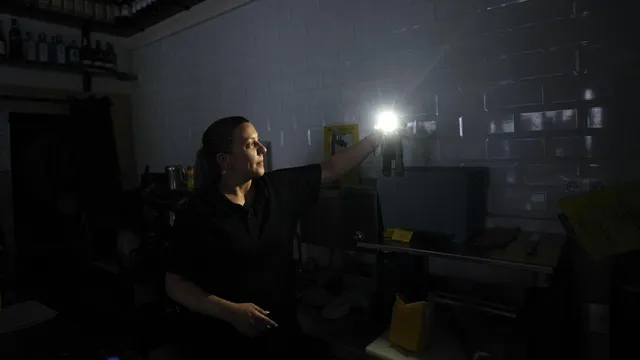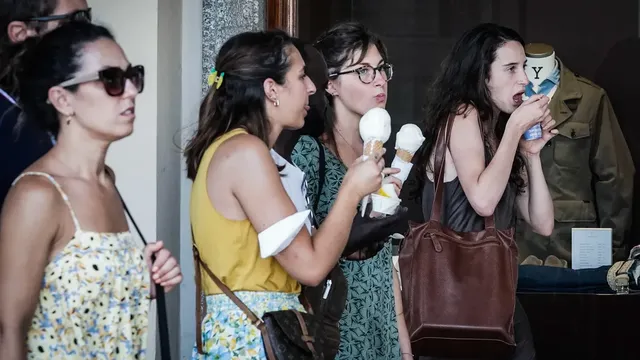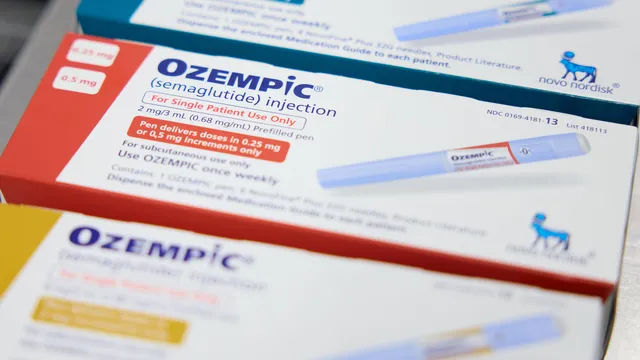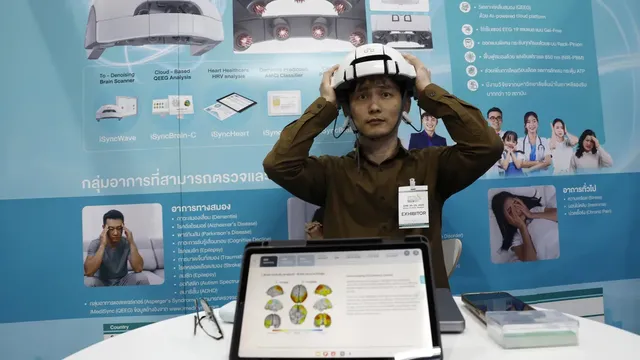They are supposed to monitor your mood during the workday and help you manage your life. But a new study concludes that smartwatches cannot accurately measure stress levels – and even misinterpret them, mistaking excitement for overload.
The team led by Eiko Fried, an associate professor of clinical psychology at Leiden University in the Netherlands, found that there was almost no correlation between the stress levels reported by the watches and people’s self-reported feelings. The fatigue data showed a very weak correlation, and the strongest correlation was with sleep duration.
“The correlation between the smartwatch and self-reported stress is practically zero,” Fried told the Guardian. “It’s not surprising – the watch measures heart rate, and it increases not only when you are stressed, but also when you are sexually excited or happy.” He said his Garmin watch had been able to tell him how stressed he was during a workout at the gym or during a heated conversation with an old friend at a wedding.
The study, published in the Journal of Psychopathology and Clinical Science, tracked the stress, fatigue, and sleep levels of 800 young adults wearing Garmin vivosmart 4s for three months. Participants were asked to self-report their feelings four times a day, and the data was compared with what the devices read.
The results showed that none of the participants’ stress readings from the watch reached the threshold for “significant change” when they self-reported being stressed. In a quarter of them, the smartwatch actually read the opposite of what they felt.
The link with fatigue—measured by Garmin as “body battery”—was “a little stronger, but still weak,” Fried explained. The algorithm for this metric wasn’t disclosed, but it likely combined heart rate and activity. The strongest correlation was for sleep – two-thirds of participants had a significant match between their self-reported sleep and their sleep duration data. For example, if a participant reported poor sleep one day and good sleep the next, this usually translated into about two hours of extra sleep on the clock. | BGNES

 Breaking news
Breaking news
 Europe
Europe
 Bulgaria
Bulgaria
